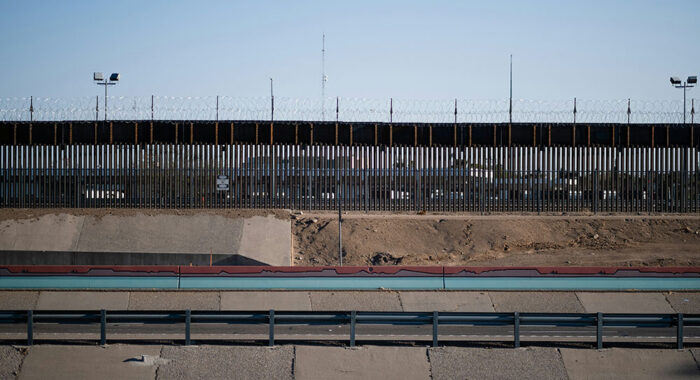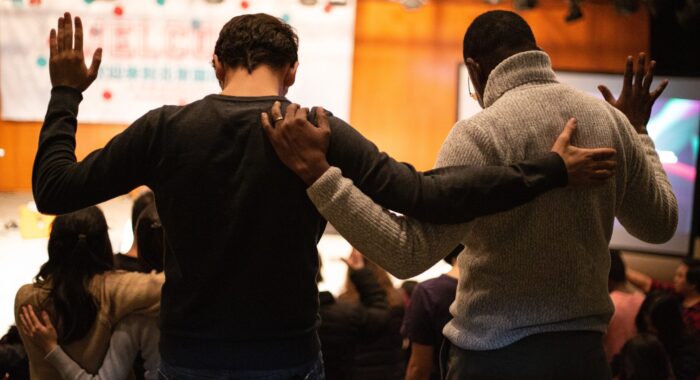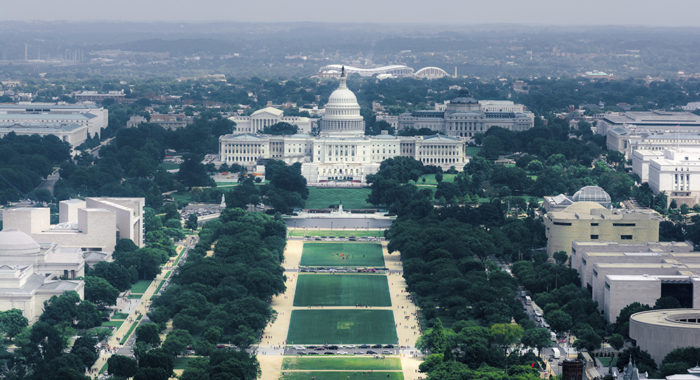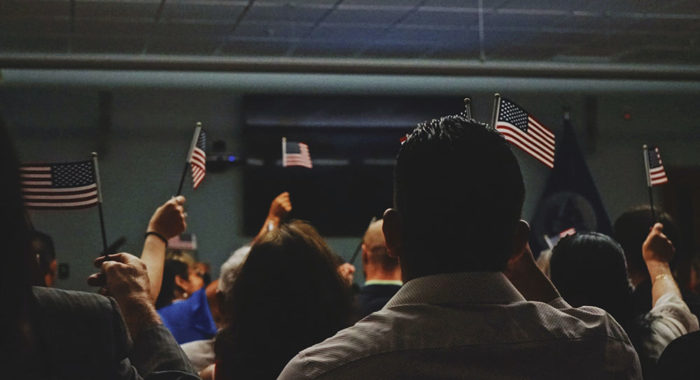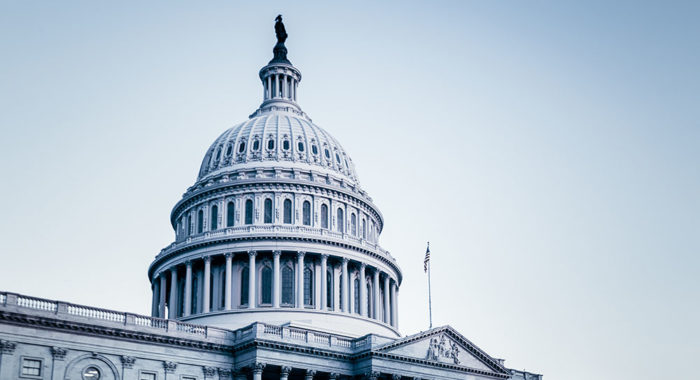The Constitution of the United States guarantees religious and personal liberty to all citizens. The fundamental right of parents to educate their children in non-public schools is included in that guarantee. The state does not have an educational monopoly under the Constitution.
Parents who are prepared to exercise their rights responsibly should not face the imposition of sociological theories, educational experimentation, financial manipulation or political exploitation.
The NAE supports the principle which vests primary responsibility for education in the parent. In respect to the state’s assigned duty in this regard, we believe existing legislation already provides safeguards for the welfare of children whose parents are not interested or prepared to exercise their rights responsibly.
At issue is both personal freedom and religious liberty. While religion is, in the words of the Supreme Court, “a private matter for the individual, the family and the institutions of private choice,” it is also far more than that, being a vital factor in the philosophy of education and in the educational process itself.
We do not believe that there can be such a thing as a religiously neutral educational process. Political, economic and social ideals are rooted in religious values and cannot be inculcated through the educational process without reference to the religious dimension. Thus an education from which religion is excluded will automatically inculcate a materialistic and humanistic rationale for fundamental human ideals.
We support those educational processes in which there is full protection for parental rights, religious liberty, diversity and excellence, under viable programs of aid to education for all children.
We call on the courts to recognize at all levels parental rights in education and to repudiate every effort to make a child a “mere creature of the state.”



 View All Updates
View All Updates 

